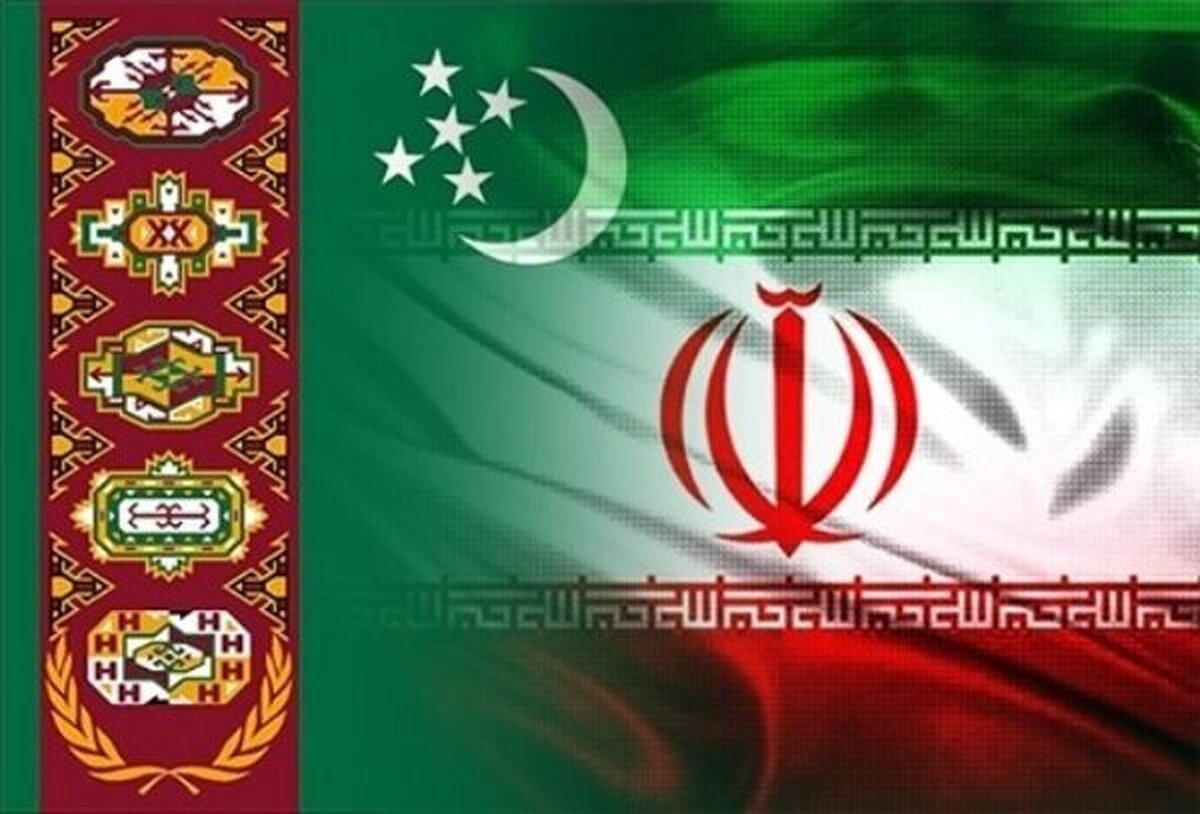
Online Exhibition on Iranian Exports to Iraq Slated for February
EghtesadOnline: An exclusive online exhibition for Iranian exports to Iraq is scheduled to be held from Feb. 1-7, according to the director general of Arab and African Trade Affairs Department of the Trade Promotion Organization of Iran.
“The event will showcase Iranian products in the fields of construction material and equipment, detergents and toiletries, pharmaceuticals, medical equipment, furniture, interior design, food and beverages, industrial machinery, plastic products and health tourism,” Farzad Piltan was also quoted as saying by IRNA.
Iranian businesses interested in participating in the event, he added, can upload their company’s information, product presentation, adverts and brochures on the exhibition’s platform.
Piltan said that after viewing the uploaded data, which will be available in Farsi, Arabic and English, visitors can contact their companies of interest via the platform and hold negotiations.
More information on this online exhibition can be found on TPO’s website.
Iran exported 20.8 million tons of goods worth $5.9 billion to Iraq during the first nine months of the current Iranian year (March 20-Dec. 20), registering a 15% decline in value compared with the similar period of last year.
“Iran’s exports to the neighboring country has averaged at $650 million per month so far this year while the figure for the same period of last year stood at $750 million per month. This shows a $100 million decline in average monthly exports,” a member of Iran-Iraq Chamber of Commerce’s board of directors, Hamid Hosseini, was quoted as saying by Fars News Agency.
The official noted that Iran’s exports to Iraq have not experienced any significant decline in weight over the period, although the types of goods exported have changed.
“Our industrial exports have experienced a fall and instead, mineral and agricultural exports have increased,” he added.
Hosseini said that during the Iranian month ending Dec. 20, exports to Iraq stood close to $570 million, which is less than the monthly average for the current fiscal year, adding that this is while every year, exports would see a boost in the second half of the year.
“Given that we have the New Year holidays ahead in [March] 2021, estimates are that exports will not register an increase this month either [started Dec. 20],” he added.
The official said the depreciation of Iraqi dinar by 23% in international markets can have an impact on the kinds of goods consumed by the Iraqi population, meaning that export figures for luxurious and high-priced commodities are going to shrink.
“After the depreciation of their national currency, Iraqi traders request discounts on Iranian goods which is more often than not impossible for Iranian exporters to grant. Yet, this same fact can put our trade at risk, taking into account that our rivals in the neighboring market may take advantage and make commercial interactions difficult for us, particularly when it comes to agricultural products,” Hosseini said.
“We hope the upcoming Iran-Iraq Joint Commercial Commission meeting is held and not postponed again for reasons relating to the COVID-19 pandemic.”
The official said competitors in the Iraqi market are holding one trade and commercial meeting after another in Iraq, while this joint commission will be the first after nearly six years because Iranian officials are tangled up in trying to find cures for domestic issues.
“The event will provide a good opportunity to survey and solve different handicaps in transport and transit, commodity standard issues, customs tariffs and Iraqi government’s debts to Iranian contractors,” Hosseini` said.
Iran’s main rivals in the Iraqi market are Turkey, China, South Korea, India and the US.
Data released by the Islamic Republic of Iran Customs Administration show Iraq accounted for about 23% of Iran’s exports during the three quarters of the current fiscal year.
Iraq imports around $32 billion worth of goods annually, which mainly include wheat, rice, vegetable oil, sugar, pharmaceuticals, industrial machinery, cars, power plant and telecommunication equipment, while its main exports are crude oil, chemical products, food products and livestock.



